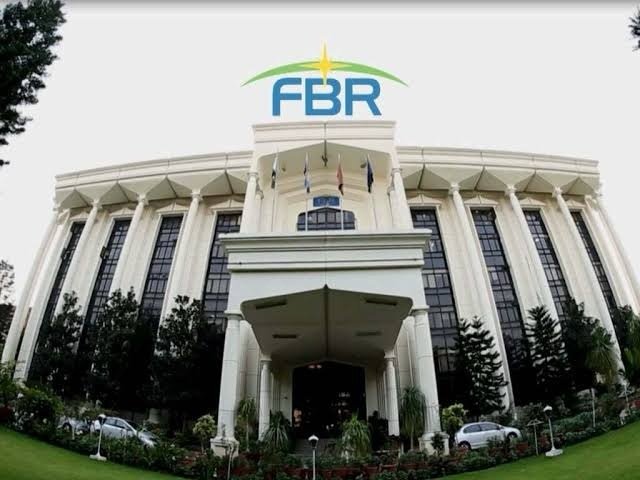Key Takeaways:
i) Pakistan’s current tax system is inefficient and poorly enforced, hindering revenue collection.
ii) The Federal Board of Revenue (FBR) faces challenges in expanding the tax base and tackling corruption.
iii) The hidden economy significantly impacts Pakistan’s overall economic health, requiring urgent attention.
Islamabad, Pakistan – April 12, 2025 – Dr. Ikramul Haq, in his article “Taxing The Untaxed: Why Pakistan’s Fiscal Crisis Demands Structural Reform, Not Cosmetic Fixes” published in The Friday Times, argues that Pakistan’s persistent fiscal woes stem from deep-rooted structural issues within its tax system. According to Haq, repeated reforms have been ignored by policymakers, leaving the system inefficient, inequitable, and poorly enforced.
Haq points out the over-reliance on regressive taxes, which disproportionately burden the poor, and the government’s reluctance to tax the wealthy.
The article highlights several critical issues, including the “failure of the Federal Board of Revenue (FBR)” to effectively broaden the tax base and address tax evasion. The FBR, responsible for collecting federal taxes and enforcing tax laws, also faces challenges related to corruption and operational inefficiencies, impacting its ability to collect revenue. The International Monetary Fund (IMF) has also raised concerns about the FBR’s performance.
Haq points out the over-reliance on regressive taxes, which disproportionately burden the poor, and the government’s reluctance to tax the wealthy. He emphasizes the urgent need to address Pakistan’s hidden economy, estimated to be a significant portion of the country’s GDP. Some estimates suggest it could be as large as 40% of the GDP. This undocumented sector, where transactions often occur in cash and businesses operate without formal registration, further complicates tax collection efforts.
The author advocates for structural reforms, including establishing a “National Tax Authority” and implementing a simplified, broad-based tax system with lower rates and improved enforcement. Previous tax reforms in Pakistan have often missed the mark, failing to address the fundamental issues of tax fraud and evasion.




